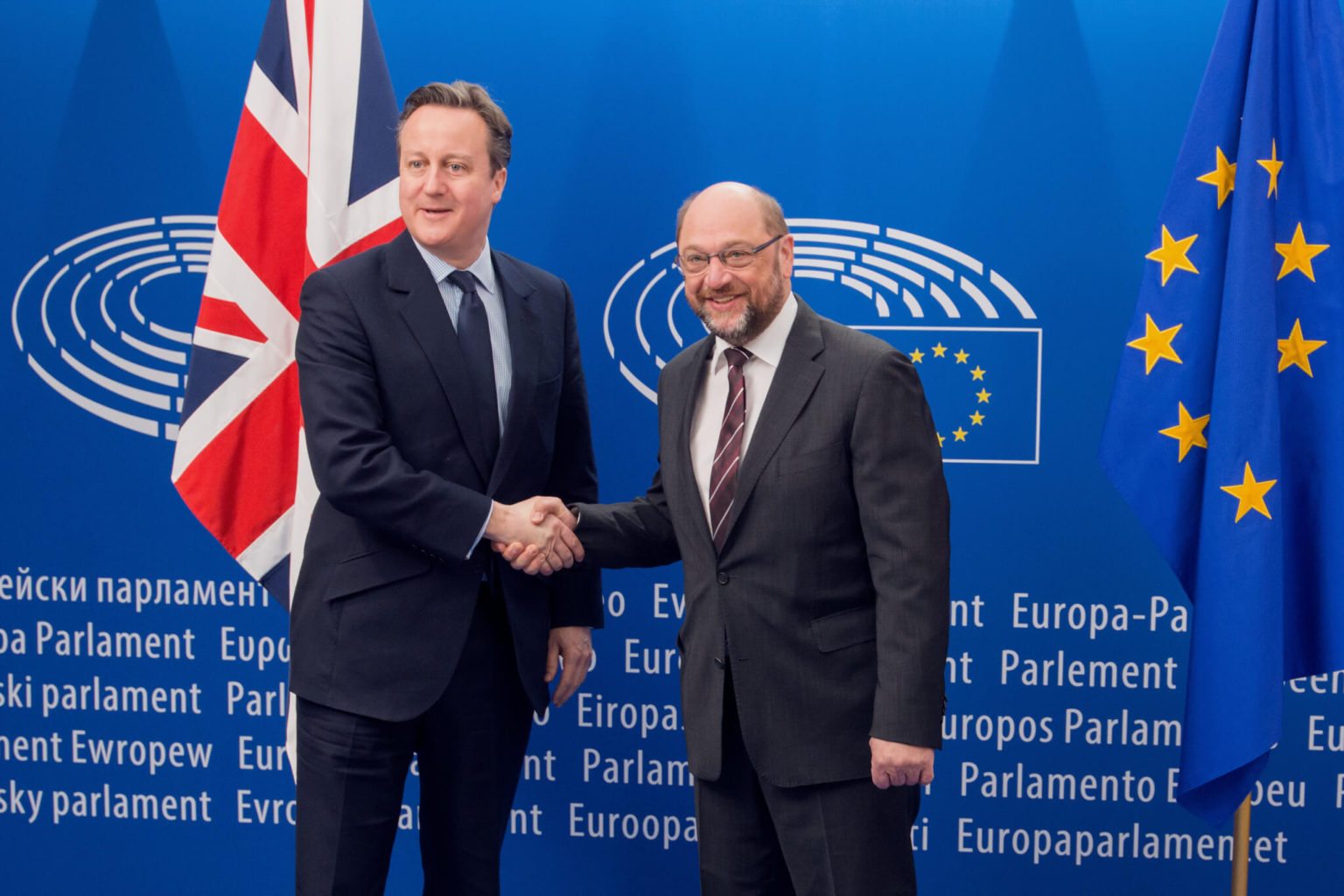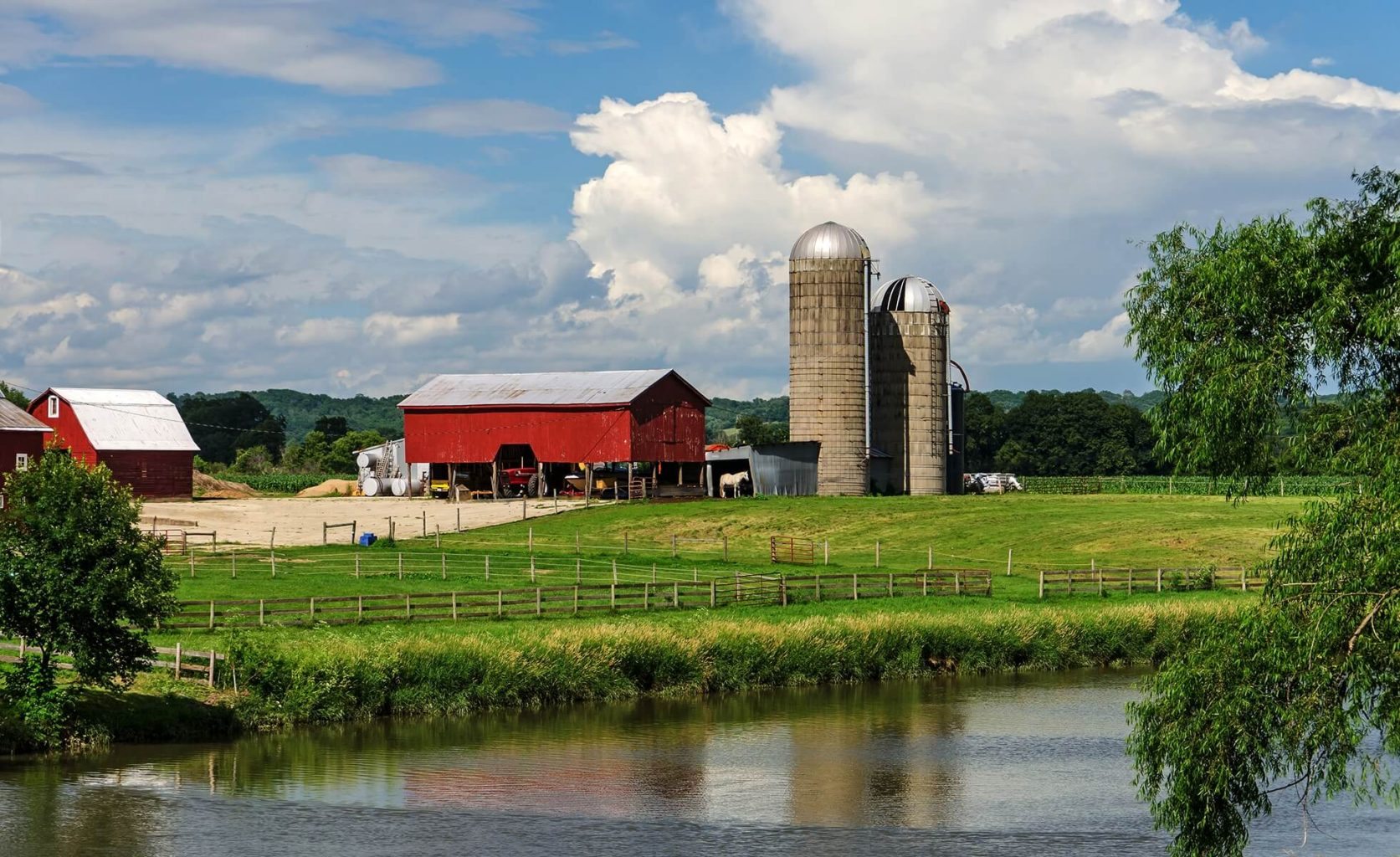“No Plan B”: What happens to farming after Brexit?
University of Warwick Professor Wyn Grant recently published a report with the Farmer-Scientist Network breaking down the effects of Britain leaving the EU to be felt by the farming industry.
The report highlights that if the UK pursues an exit from the EU, the future of British agriculture would remain incredibly uncertain.
As Professor Grant argues that BREXIT would impact an exhausting list of agricultural factors.
This includes farm support, budgetary issues, farming regulations and trade – to name a few.
Budgetary Issues & Farm Support
Research used by the report shows that the EU scheme ‘single farm payment’ currently accounts for 56% of total income to agricultural workers. This is complemented by several other farming supports to subsidize British farming.
Following BREXIT, these subsidies would likely have to be provided by the national government.
There are also further implications on the price of food for consumers.
Since subsidies enable farmers to sell food at relatively low prices, without them, food would potentially become very expensive.
Since British farming largely contributes to the EU market, the report comments that a possibility may be that the EU continues paying the subsidies even if the UK exits the Union.
However, Professor Grant argues that: “[The EU Treasury] could in all likelihood see BREXIT as an opportunity to reduce the overall cost of payments to farmers.”
The report states that the lack of subsidies could very well disable farming businesses from staying open and making profit.

The report discusses what will happen if Britain leaves the EU. Photo: European Parliament / Flickr
Regulations & the WTO
It is commonplace to think that leaving the EU will alleviate an enormous burden of regulations.
The report points out that national regulations are among “legal complexities which have not been considered”.
It also states that it should be considered that relatively high tariffs are imposed on agricultural produce being imported into the EU from non-EU countries.
The report stipulates that BREXIT would lead to UK remaining in the World Trade Organization negotiating for itself individually, rather than the actual situation where the EU negotiates on its behalf.
Professor Wyn Grant is skeptical that this mechanism will be more effective in benefitting the UK farming industry since Britain would lose the advantage of support given by other European countries fighting for the farming cause.
“No Plan B”
Environment Secretary, Liz Truss recently warned that there is no “Plan B” regarding BREXIT for the farming industry.
The report concludes, that whatever the decision may be, the uncertainty heavily relies on contingency planning on behalf of the British Government – which it perceives as lacking.

Comments